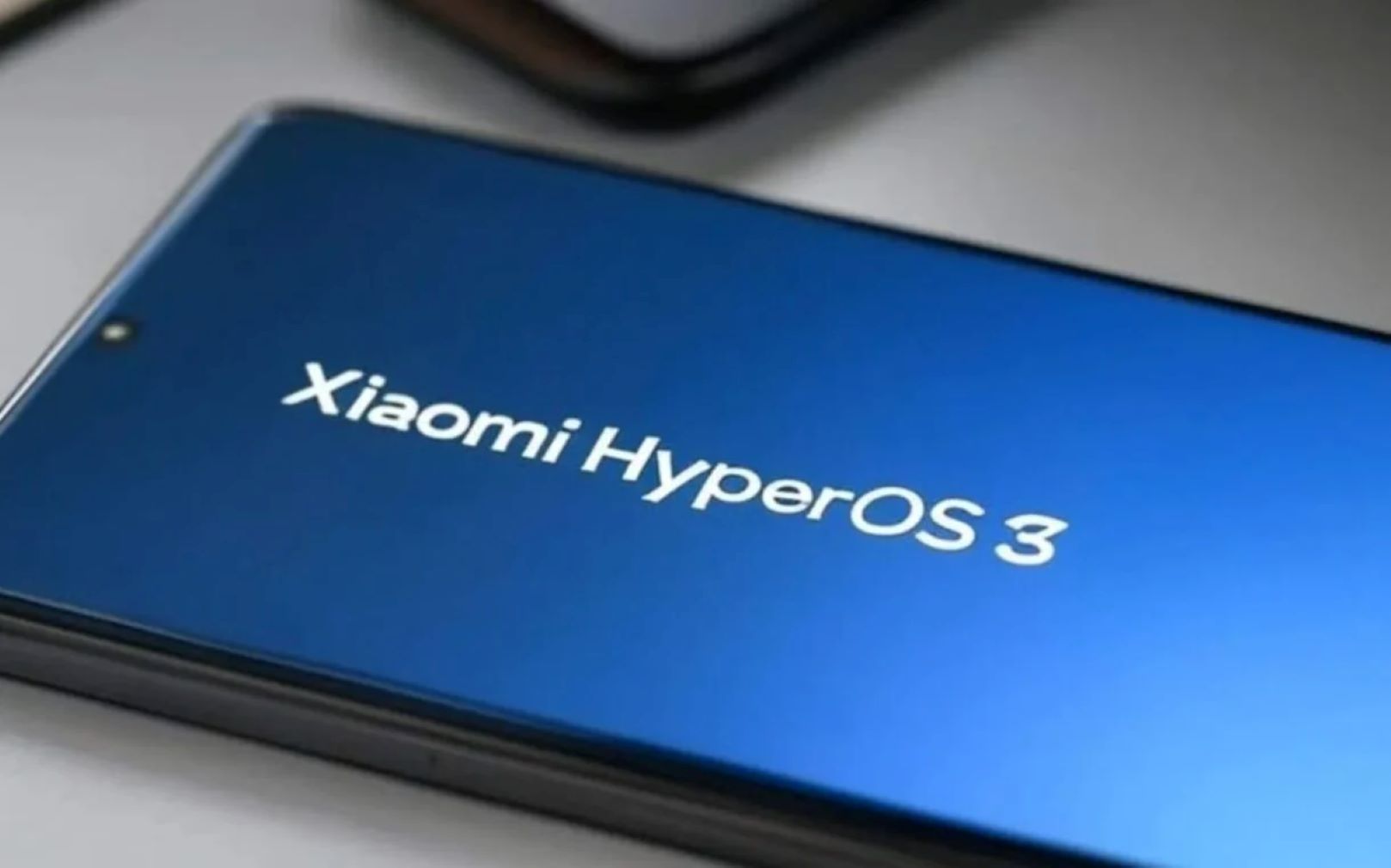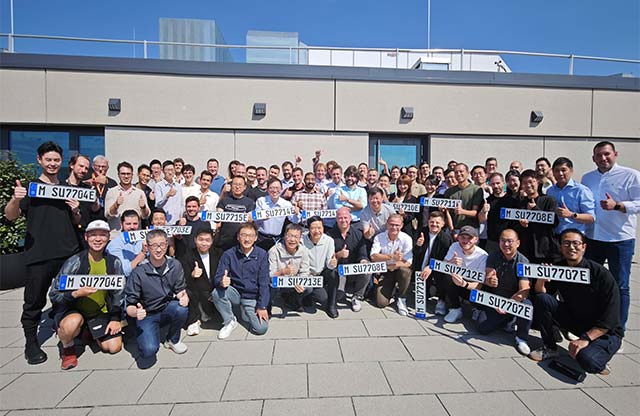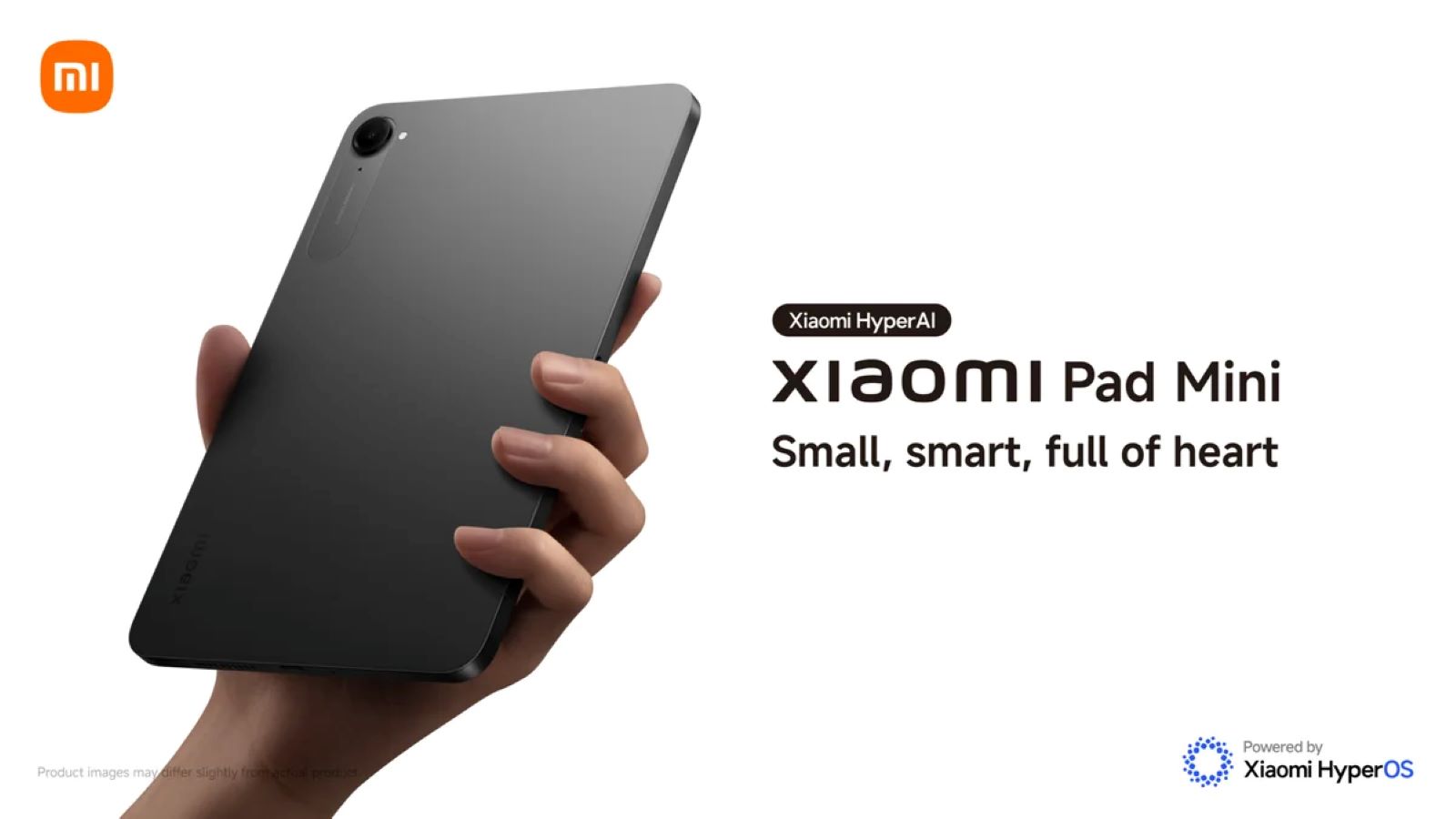While Xiaomi is continually diversifying its array of products with fresh innovations, the company’s ambitions reach beyond hardware alone. It’s not just about tangible devices; the future trajectory of Xiaomi hinges substantially on software. Acknowledging that a meager 1 percent of profit is projected from electric vehicle sales, the real economic prowess is foreseen to stem from the accompanying software services integrated into these vehicles.
In fact, Xiaomi’s aspirations extend even further. Emerging reports indicate that Xiaomi is actively engrossed in the creation of its proprietary operating system, strategically designed to be compatible with the Android Open Source Project (AOSP). This strategic move suggests that the upcoming operating system could be seamlessly integrated across a spectrum of devices encompassing smartphones, tablets, and wearables.
Regulatory norms applicable in China have prompted companies to craft deviations in terms of operating systems, app stores, and the applications hosted within them compared to the global landscape. As a result, corporations routinely furnish distinct user interfaces tailored for their global clientele. Xiaomi is now poised to raise the stakes.
Digital Chat Station, a reputable source, has revealed that Xiaomi is fervently engaged in the development of an indigenous operating system that embraces a wide spectrum of devices including smartphones, tablets, and wearable gadgets. The pivotal facet is that this novel operating system will seamlessly integrate with the Android Open Source Project, hinting at potential applicability not just to smartphones but potentially extending its grasp to vehicles and assorted merchandise.
Worth mentioning, Huawei too had unveiled its HarmonyOS a few years ago, and it has demonstrated impressive traction, particularly within China. Industry insiders speculate that Xiaomi will embark on its maiden system deployment within China, where Huawei is anticipated to be its premier contender. This foray into proprietary operating systems underscores Xiaomi’s strategic endeavor to diminish its reliance on Google. Nonetheless, a significant hurdle remains to be addressed.
Presently, Google furnishes the Android operating system for Xiaomi’s smartphone lineup. Although Android serves as an open-source platform, its utility is intricately intertwined with Google’s proprietary services, which aren’t extended to rival operating systems. While this discrepancy is less pronounced within China, a global audience typically evinces reservations toward Android devices bereft of Google services.
Additional speculation centers on the possibility that Xiaomi’s personalized operating system might influence the rechristening of the imminent MIUI 15 as “miOS,” although such details remain unverified. The timeline for the release of Xiaomi’s in-house operating system remains uncertain. Nonetheless, the company remains steadfast in its commitment to engineering this fresh OS, ensuring seamless compatibility across a diverse array of devices.











Add Comment